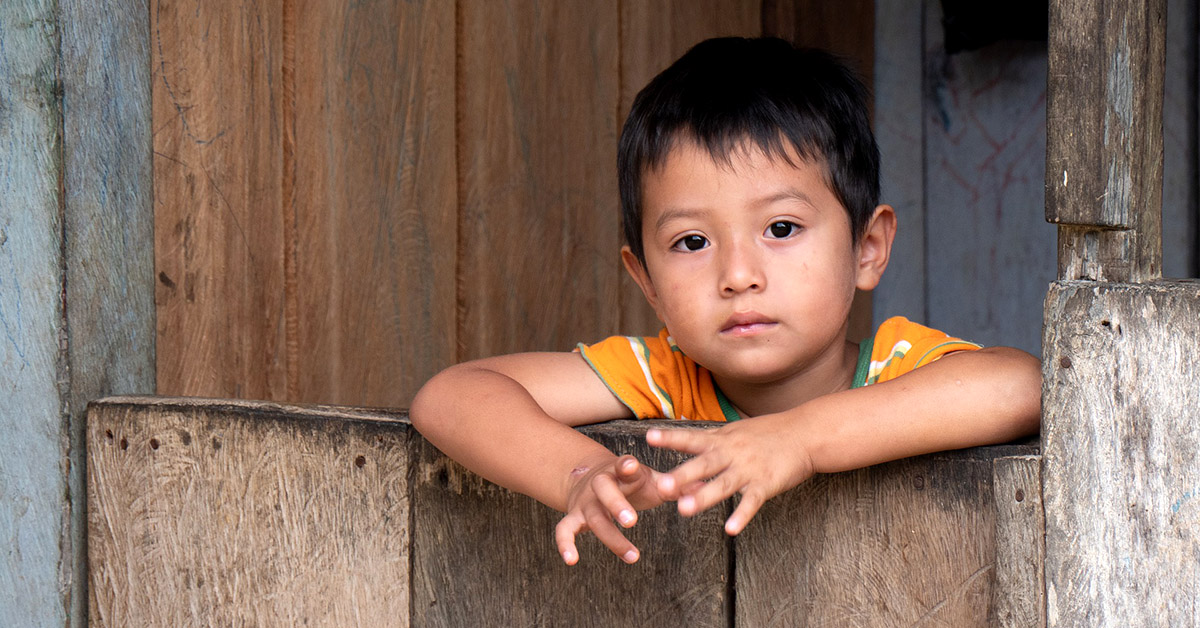The sexual abuse of children is a global public health problem that can harm their well-being for life. A School of Public Health researcher recently evaluated a sexual abuse prevention program geared toward school children in Ecuador and found it successfully increases their knowledge of such maltreatment and how they can respond to it.

The study, led by Gabriela Bustamante, was published in the journal Child Abuse & Neglect. Bustamante is a PhD student from Ecuador in the Environmental Health program and advised by Professor Bruce Alexander.
“Obviously, the solution to ending child sexual abuse should come from adults, but this program is a way of empowering children with tools to protect themselves,” says Bustamante.
Bustamante and colleagues evaluated a 10-week program created by a local non-governmental organization, Fundacion Azulado, that is designed to be taught to children 7-12 years old by their own teachers. The course uses games and playful exercises to teach children about self-esteem, establishing a circle of trusted adults, personal boundaries, anatomy, appropriate touching/behavior, and more. A key element of the course addresses the concept of being obedient to adults, which is a high value among Ecuadorian families.
“In Ecuador and many other Latin societies, children are often taught that obedience is a trait of a good child,” says Bustamante. “This makes it very hard to teach children that they have the right to say no when something doesn’t feel right or an adult is hurting them.”
Bustamante evaluated the program by testing how much children in six public elementary schools learned about sexual abuse during the course. The children were divided into two groups: Group 1 consisted of four schools and received the training first, followed by Group 2, which included the other two schools. All the children were tested on their knowledge of child sexual abuse three separate times using questionnaires. The first test occurred before any of the children received the training. The second evaluation took place when Group 1 completed the course but before Group 2 began it. And finally, all the children were tested a third time once Group 2 finished the program, which was six months after Group 1 completed the course.
The analysis of the three tests showed:
- Group 1 scored 61% on the first questionnaire (before taking the course), 69% on the second (after completing the course), and 69% on the third test (six months after completing the course).
- Group 2 scored 58% on the first questionnaire (before course), 58% on the second (before course), and 71% on the third test (after completing the course).
“The fact that Group 1 had the same scores immediately after completing the program and again six months later shows that they are retaining the knowledge,” says Bustamante. “They remember what they were taught about self-esteem, private parts and the rest, which is encouraging.”
Bustamante believes the program’s playful approach that touches on concepts of obedience and the rights of the child could not only continue to benefit children in Ecuador, but also other South American countries and hispanic groups in the United States. She recommends that researchers test the concept to see how well it works within the varying communities.
Additionally, Bustamante noted the evaluation only tested changes in knowledge. She says the next step — and the subject of her new study — is to see how the training influences behavior, which will she will test by asking the children to explain how they’d respond in certain situations.

